The Abc Of Economy
Jun 04, 2019 • 5 views
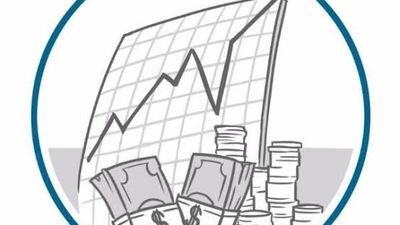
The economy of a nation is definitely a yardstick to measure the progress it has made. Especially during the election we had many debates and discussions about the economic status during the previous government. These debates sometimes become a bombardment of jargons only scholars of economics would understand.
But does that mean we should totally ignore the debates on Indian economy? How can that be possible? As citizens of India we have the full responsibility and right to be aware of these economic conditions. Now this calls for some education in economics. Just a basic understanding about the common phraseswould be enough . So let’s start our “ economical ride”
1. GDP(Gross Domestic Product)
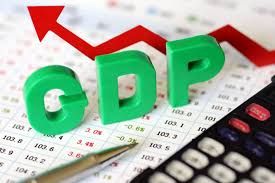
It is the total value of all the goods and services produced in the country. Higher GDP means we have produced more goods and services implying a higher financial gain
2. Inflation
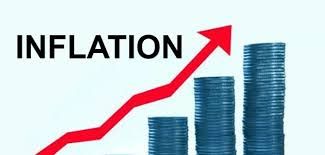
This is an economic condition where the value of all the goods and services rises continuously. As the price increases, the quantity of anything we could buy with a suitable amount of money decreases. For instanceRs.50could bring us one kg of onion in the past. But the price rose to Rs. 65/ kg for onion. Hence Rs. 50 could get us less than one kg of onion now.
Inflation affects economy in many ways .Mainly the Standard of living deteriorates. That’s why the RBI and the Government tried to keep inflation in control
3. Balance of Payment (BoP)

It is a record of all the transactions made by the country. If BoP is positive it means the country gained money and if it’s negative the county will be in debt.
4. Fiscal Deficit
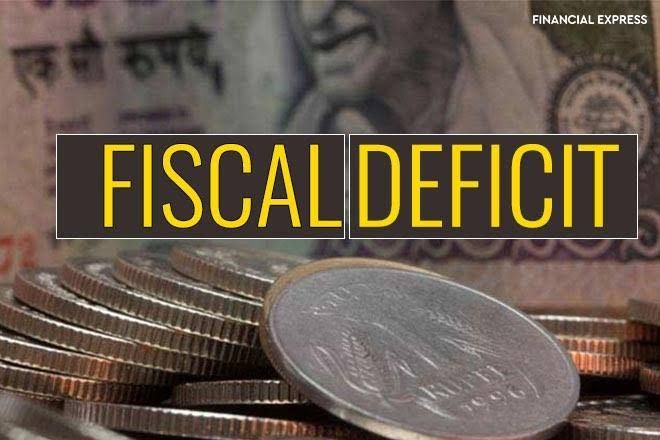
This is the amount of borrowings made by the government. So fiscal deficit shows in how much debt the country is in. In short this is the amount of government borrowings.
5. Monetary policy
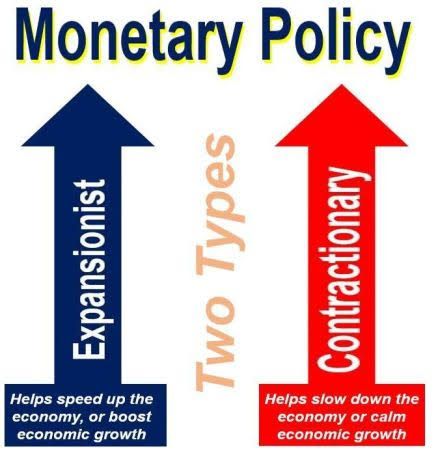
These are the measured adopted by RBIto control the inflation
6. Fiscal consolidation
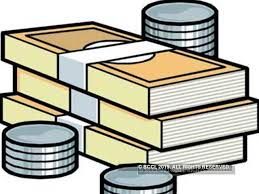
Measures adopted by the government to reduce the fiscal deficit is known as fiscal consolidation.
7. Bull and bear trading
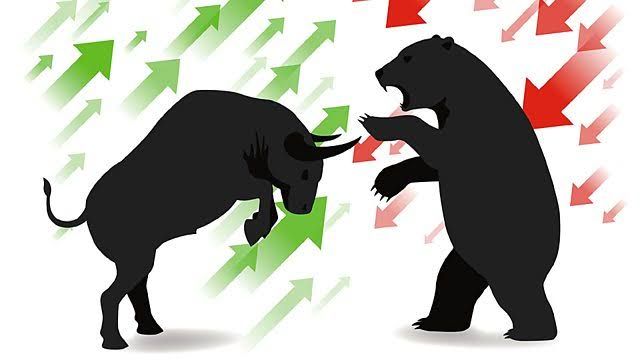
These are terms used in share markets. Bull trading is when people expecting a good business buys more shares leading to a rise in stock prices. On the other hand bear trading is when people sell their shares anticipating a loss leading to declining share prices.
These may not be a complete dictionary for economics , but will surely help you to understand common terminologies used in articles on economics. So next time you come across such an article, be a more informed reader!!!!!!!!
